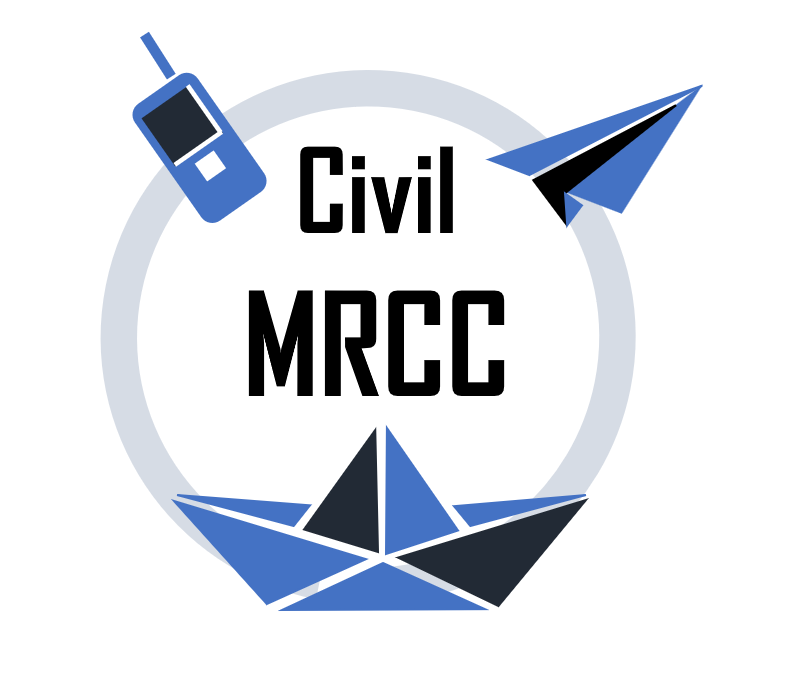Libyan Authorities Cannot Perform Rescue Operations
On June 27, 2024, the civil court in Crotone ruled that the detention of the rescue ship Humanity 1 operated by the NGO SOS Humanity was unlawful. The Humanity 1, had been detained by Italian authorities on 4 March 2024 for allegedly disobeying orders by the so-called Libyan Coast Guard, violating Article 1, paragraph 2-bis, of Law 15/2023, known as the Piantedosi Law. The former Decree 1/2023, converted into law since February 2023, contains a number of provisions that, in effect, create unjustified conditions and hinder search and rescue operations carried out by NGOs. Non-compliance results in detentions of the ships, fines and might even result in vessel seizure.
Among other requirements, it requires NGO vessels that have carried out a rescue operation in the Central Mediterranean to reach the assigned port of disembarkation “without delay” for the completion of the rescue operation. However, such an imposition risks hindering an effective search and rescue by these vessels. In particular, there is a risk that in order to comply with the instructions of the competent Italian authorities after having carried out an initial rescue, ships may be forced to disregard other reports of boats in distress in the same area, even though they may be able to carry out further rescues and are obliged to rescue under international law.
The Piantedosi law is part of Italy’s strategy to systematically obstruct rescue operations by NGOs in the Mediterranean through legal and administrative harassment that goes hand in hand with a relentless smear campaign. This trend began in 2017, in the aftermath of the conclusion of a Memorandum of Understanding (MoU) between Italy and Libya, designed to limit departures from Libya. The MoU commits Libyan authorities to intercept migrants at sea and return them to Libya in exchange for training and substantial funding coming from both the Italian and the EU budget. Despite legal cases being dismissed or ending in acquittal, the crackdown on NGOs continues, and has been joined by other abusive practices such as the so-called “closed port policy” (2018-2019) for which the then-Interior Minister Salvini is currently under trial, and more recently, the selective disembarkation strategy , as well as the distant port policy and the prohibition of carrying out multiple rescues, strongly condemned by the Council of Europe’s Commissioner for Human Rights.
Judicial authorities keep casting doubts on the legality of such criminalisation attempts. Among other rulings of the same line, the decision of the Court of Crotone constitutes the latest checkmate against the Italian policy. By finding the detention order of Humanity 1 illegitimate, the Court once again clarified that Libya is not a place of safety for people rescued from distress, as foreseen in international maritime law foresees. A port of disembarkation cannot be considered safe if rescued individuals are unable to enjoy their fundamental rights, including effective access to international protection. In this context, the Court stated: (1) that the activities performed by the so-called Libyan Coast Guard cannot be classified as rescue measures due to the undisputed and documented evidence of Libyan personnel being armed and firing shots; (2) that Libya itself cannot be considered a Place of Safety (PoS) for disembarkation because of the serious and systemic violations of fundamental rights against migrants and refugees; and (3) that this remains valid regardless of the MoU signed between Italy and Libya to cooperate on migration management, as this arrangement does not exempt either party from their obligations under international law. The Court thus concluded that any operation carried out by the so-called Libyan Coast Guard cannot be regarded as a rescue operation, as required by international standards.
The judgment is particularly important because it does not only focus on the situation of migrants and refugees in Libya where they are systematically subjected to torture, slavery, arbitrary detention, and chain deportations, among others serious violations of their fundamental rights, but it also puts emphasis on the so-called Libyan Coast Guard. Other rulings, including from the Court of Cassation, had already made it clear that Libya is not a place of safety, and that collaborating with the so-called Libyan Coast Guard to return people on the move to Libya is unlawful. However, by putting emphasis on the modalities in which the so-called Libyan Coast Guard conducts its operations, the reasoning of the court of Crotone undermines the rhetoric employed by the Italian government and the European Commission to justify the provision of funding to Libyan authorities.
Funding to Libya has being repeatedly justified by stating that there is no money being channeled to the detention centers where migrants are subject to inhuman and degrading treatments, that Italian authorities do not directly hand out migrants to the so-called Libyan Coast Guard (see statement of Piantedosi here), and that funding is provided only to “save lives at sea”, coming with “specific trainings for human rights” and “third party monitoring”, going as far as claiming that there is lack of “evidence pointing to human rights violations” in EU-funded projects in Libya (see recent answers to parliamentary questions: here and here). By making it crystal clear that the so-called Libyan Coast Guard cannot perform SAR operations, the Court of Crotone unequivocally rejected the idea that enhancing its capabilities can pursue a legitimate humanitarian aim, that is saving lives at sea. This very important decision strengthens the legal and political battleground against the provision of funding to Libyan border management authorities, and it will help contesting any future administrative sanction based on refusal to comply with the orders of the so-called Libyan Coast Guard. Yet, it rests to be seen if it will be enough to bring about a change of policy and lead to the suspension of cooperation and funding altogether.
Andreina De Leo

Picture: SOS Humanity
Press release by SOS Humanity:



